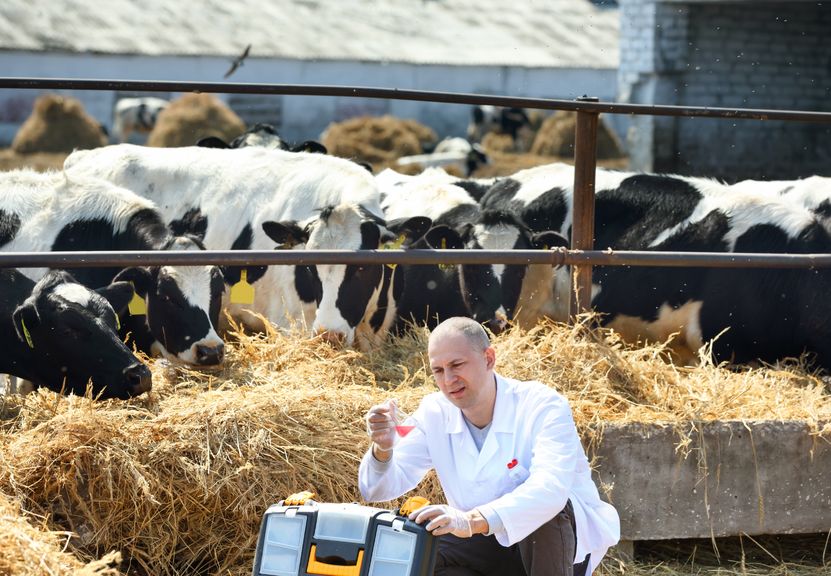
The British Veterinary Association (BVA) has today launched its manifesto for the general election, saying that vets are vital in achieving high animal welfare and food standards.
BVA’s ‘Brexit and the veterinary profession’ report outlines the 'essential' role that the UK veterinary workforce plays in not only caring for animals, but in enabling trade, ensuring food hygiene and safety, and undertaking cutting-edge research.
The report says non-British EU veterinary surgeons are critical to the UK veterinary workforce.
Around 50% of veterinary surgeons registering to practise in the UK each year come from overseas, with the vast majority of these coming from the rest of the EU.
Yet one-fifth of vets are already reporting that it has become harder to recruit since the EU Referendum.
Numerous other rural organisations have released their manifestos, including the NFU, NFU Cymru, the CLA, the Soil Association, the Tenant Farmers' Association and the Campaign to Protect Rural England and the Countryside Alliance.
BVA's recommendations for the next Government
• Guarantee working rights for non-British EU vets and veterinary nurses (VNs) currently working and studying in the UK, and for British vets and VNs working in the EU, at the existing level and with no time limit, to ensure the need for veterinary services can be met.
• Maintain, and seek opportunities to improve, current animal health and welfare standards and prioritise them in all trade negotiations to ensure that a high standard of animal health, welfare and food hygiene is a unique selling point for the UK.
• Commit to maintaining a single standard for meat produced for both domestic and export markets based on current standards of food hygiene legislation and enforcement, including veterinary certification and controls.
• Negotiate to establish formal links with the EU on disease surveillance, to ensure reciprocal data sharing with Europe is maintained.
• Guarantee the UK veterinary profession ongoing access to all existing veterinary medicines licensed through the EU regulatory systems in order to meet animal health requirements, whilst continuing to play a leading role in tackling antimicrobial resistance internationally.
• Develop a regulatory and legislative framework to ensure the UK continues to be a globally attractive place for research and development (R&D).
• Establish a body to oversee and coordinate animal health and welfare policy across the four administrations of the UK and facilitate partnership working between industry and government to tackle endemic disease and animal heath challenges.
'Provide the foundation'
Launching the report, BVA President Gudrun Ravetz said vets 'provide the foundation' for the UK’s work on animal health and welfare.
“Veterinary teams up and down the country support the UK’s 11 million pet-owning households; not a penny of the UK’s £13 billion agri-food industry could be realised without vets; and we are an integral part of the international scientific community, annually bringing in over £50 million for research and development projects.
“The veterinary profession is in a unique position from which to offer the next Government evidence-based policy recommendations to ensure animal health and welfare, public health and other standards are at the very least maintained as we exit the EU.
Mrs Ravetz continued: “We believe Brexit also presents us with opportunities, for example, to develop a strong, competitive food industry with full consumer confidence at home and abroad as well as to position the UK as a world leader in high animal welfare - and a strong veterinary workforce is vital in achieving this.”
